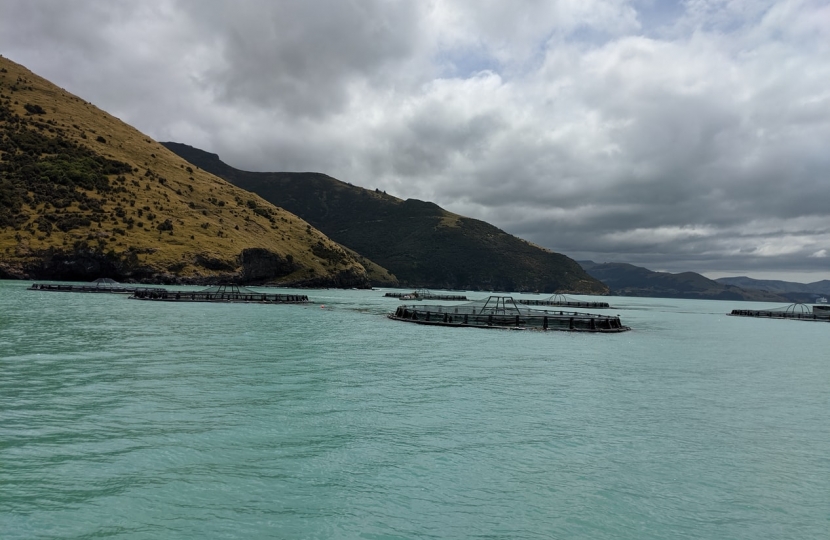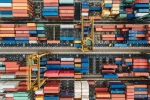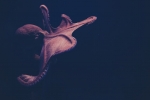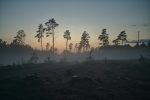
The Danish Government is to begin discussing two bills that will prevent further expansion of fish farming and more effectively supervise existing aquaculture.
Considered by some as perhaps an environmentally-friendly alternative to commercial trawler fishing, in reality the opposite is true. Industrial fish farming, in which millions of fish are kept in cages at sea is harmful to the environment in multiple ways:-
- Carnivorous fish, such as salmon and trout, require huge quantities of smaller fish to grow: this constitutes almost a quarter of the world's total catch,
- High stocking densities are a breeding ground for bacteria and lice, leading to the destruction of millions of tonnes of fish,
- To counter disease, pesticides are poured by the bucket-load into cages, and three-quarters ends up in the environment,
- An average farm of 200,000 fish creates as much effluent as a city the size of Inverness, and is released, untreated into the sea,
- Fish farmers shoot natural predators such as seals that are drawn to the farms,
- Escapes are common - during storms, hundreds of thousands of fish can escape, polluting the genetics of their wild cousins and competing for food and spawning locations.
Danish environment minster, Lea Wermelin, says, "Our marine environment is under pressure, and I do not want more or larger aquaculture in Denmark. It is a sector where fish are farmed in net cages out at sea, and where substances are discharged directly to the aquatic environment, without any kind of cleaning. It is time for us to clean up and ensure effective supervision of aquaculture."
Unlike Denmark, the Scottish Government plans to double aquaculture in Scotland by 2030 as a key industry to fund an independent Scotland, since oil revenues are looking less attractive.





